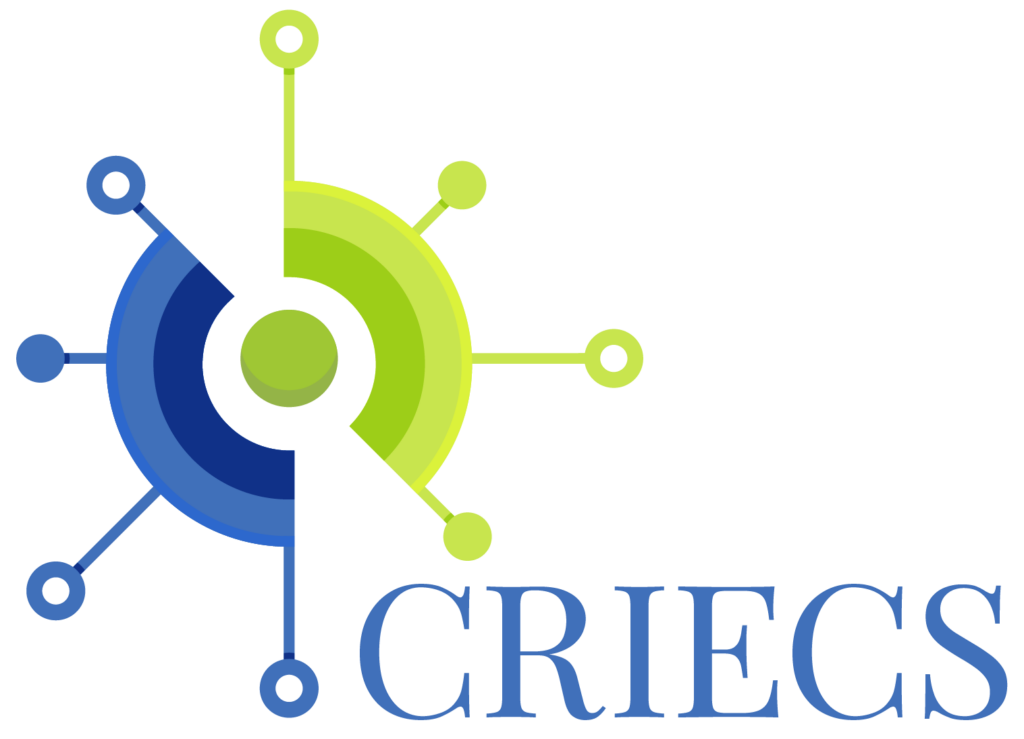The initiative, coordinated by Assobiotec–Federchimica, was not only an opportunity for scientific outreach but also a showcase to highlight the strategic role of the bioeconomy, a sector increasingly central to the country’s economic growth, innovation, and sustainability.The sector included over 4,800 companies—mostly micro-enterprises—about 80,000 employees, and a turnover exceeding 47 billion euros, equal to 2.2% of the national GDP.
According to the National Bioeconomy Strategic Plan, a 15% increase is expected by 2030, with a potential turnover of over 50 billion euros.
The bioeconomy covers a wide range of fields—from health to food, agriculture to chemistry, and from energy to industrial products—leveraging renewable biological resources and waste materials, following a model inspired by natural mechanisms and circular economy principles.
“Citizens have been able to look with confidence at biosolutions, from biofuels to medicines, from innovative crops to vaccines—concrete tools for sustainable growth.”
— Elena Sgaravatti, Vice President of Assobiotec
Education and skills
Education emerged as a key issue. A study by EY for Assobiotec forecasted a significant increase in labor demand by 2035, with over 60% of profiles expected to be hard to find, particularly those requiring digital and technological skills.
Regional leadership
Northern Italy maintained its leadership in the sector, generating over 70% of the national value, thanks to leading regions such as Lombardy, Veneto, Tuscany, and Emilia-Romagna.
The European Biotech Week 2024 was therefore not only a celebratory moment but also an opportunity to reflect on the challenges and opportunities of the bioeconomy—a key sector for innovation and sustainable development in Italy.




